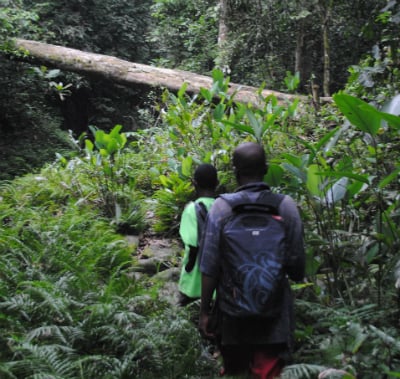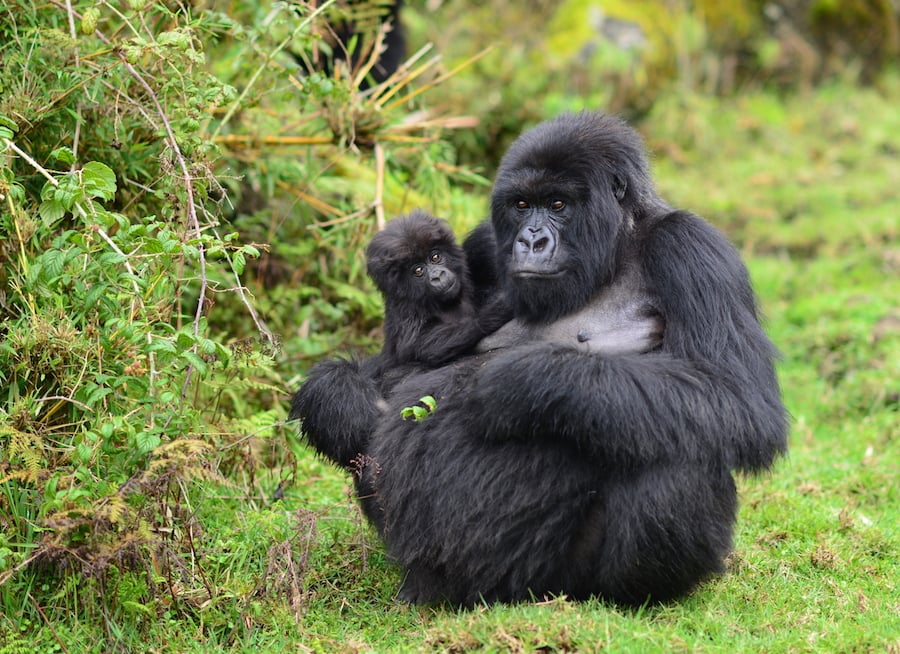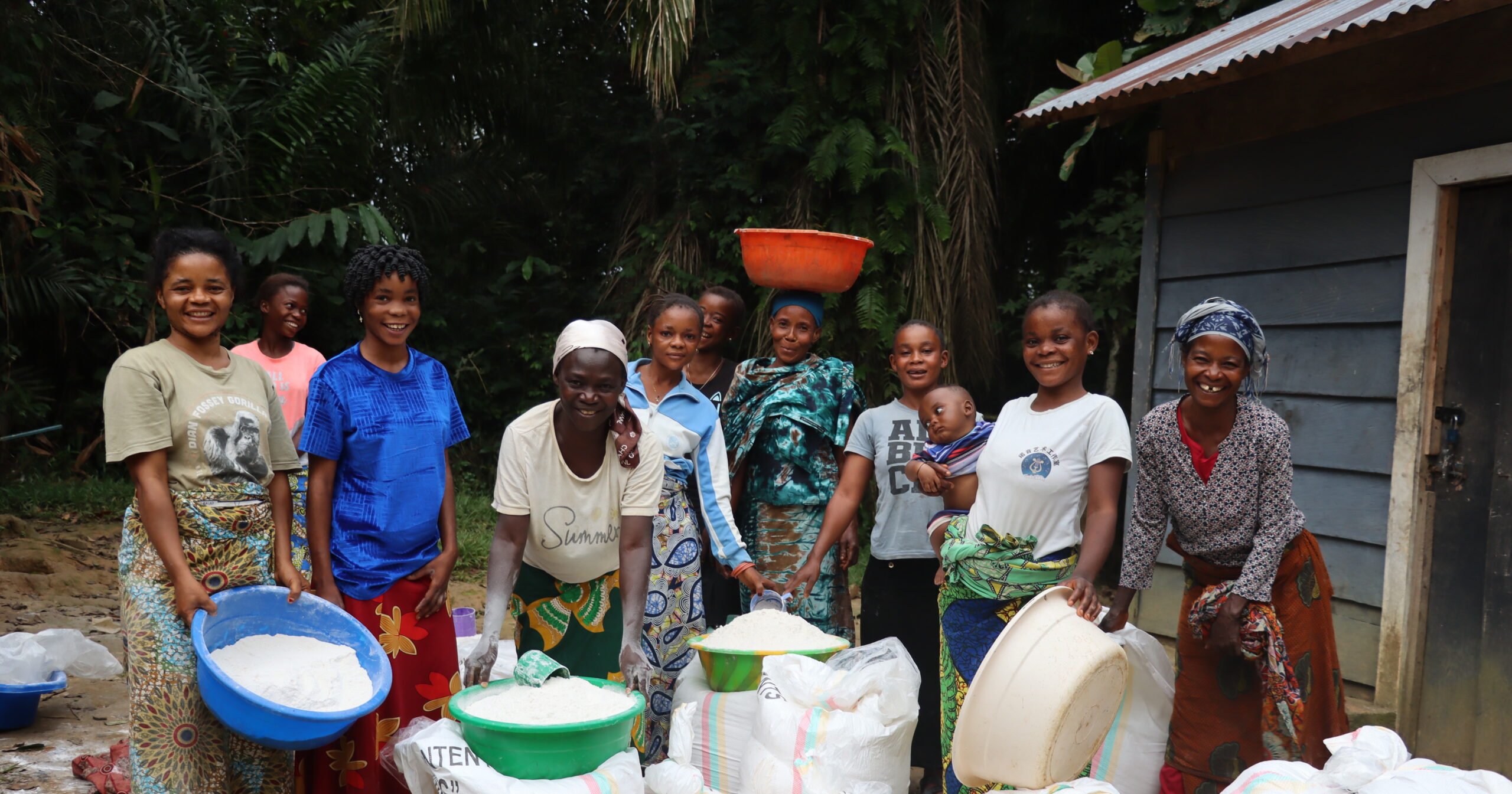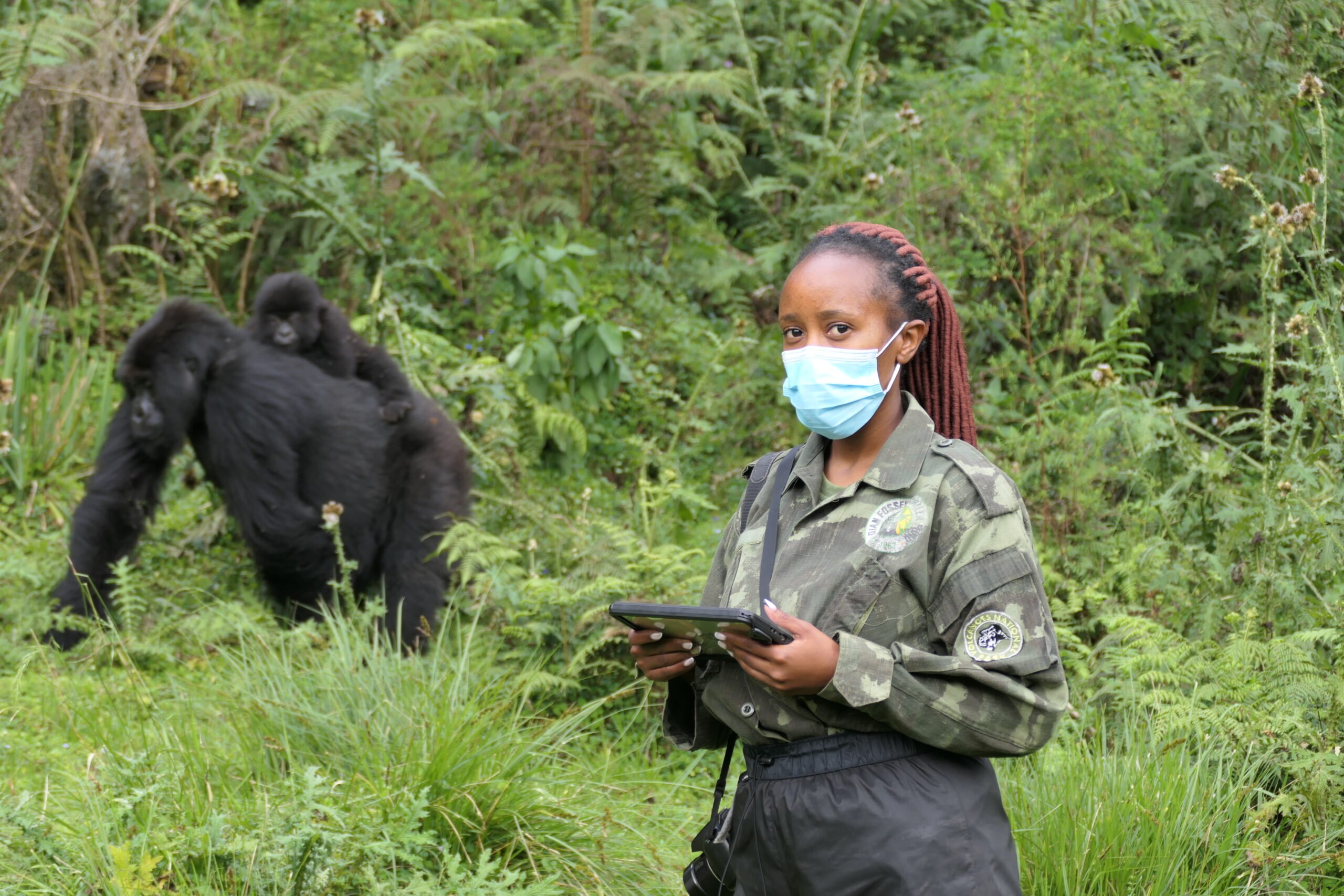Instability in Congo Worsens, Endangering Conservation Programs
 In recent weeks the armed conflicts that have plagued the Democratic Republic of Congo (DRC) have escalated, increasing security concerns for our programs. As of this writing our office in Goma; the GRACE center for orphaned gorillas in Kasugho; and our new research station and field stations in Grauer’s gorilla territory have not been directly threatened, but expatriate staff are directed to cease work and travel in the DRC. The one exception is Vice President for Africa Programs and Chief Operating Office Juan Carlos Bonilla, who makes frequent management visits to Goma (currently a relatively safe area, although NGO personnel have been warned to increase security and avoid night travel in the city). We have increased security measures and provided additional communications equipment for the most critical areas where we work in Congo.
In recent weeks the armed conflicts that have plagued the Democratic Republic of Congo (DRC) have escalated, increasing security concerns for our programs. As of this writing our office in Goma; the GRACE center for orphaned gorillas in Kasugho; and our new research station and field stations in Grauer’s gorilla territory have not been directly threatened, but expatriate staff are directed to cease work and travel in the DRC. The one exception is Vice President for Africa Programs and Chief Operating Office Juan Carlos Bonilla, who makes frequent management visits to Goma (currently a relatively safe area, although NGO personnel have been warned to increase security and avoid night travel in the city). We have increased security measures and provided additional communications equipment for the most critical areas where we work in Congo.
We have received reports that violence has increased in the DRC’s Virunga National Park, which borders Rwanda’s Volcanoes National Park and harbors mountain gorillas. The park closed in May, and rangers were evacuated. However, the Rwandan park has not been affected and remains safe and open to gorilla tourism, and our Karisoke Research Center continues its work there.
We are saddened by news that armed Mai Mai rebels recently attacked the Okapi Wildlife Reserve in the Ituri Forest in north Kivu province and killed several Congolese wildlife authority (ICCN) staff and other project staff as well as all the okapi in the sanctuary. “This is a disturbing escalation of the violence and is of particular concern to us, as the Mai Mai are active throughout North Kivu,” says Dian Fossey Gorilla Fund President and CEO Clare Richardson. “We send our condolences to our colleagues who have lost loved ones or who are otherwise in need at this time. And we hope for an end to the violence as soon as possible.”
Our dedicated Congolese staff, led by Grauer's Gorilla Conservation and Research Program Manager Urbain Ngobobo, are continuing their work at the Walikale research station at Biruwe and field research camps at Lowa and Kasese. The Congolese staff who remain at GRACE, where they are caring for 14 young gorillas confiscated from poachers, report that the situation is calm but tense, as a rebel group is known to be in the area.
Our Grauer’s gorilla monitoring and protection teams in the DRC work in very remote areas from which information is very slow to arrive. Travel can take many days and security may change while they are enroute. In May we began seeking additional resources for a satellite phone network, better internet access, additional all-terrain vehicles and motor bikes, quicker access to a bush plane and additional staff for communications and transportation. We have succeeded in providing some of the needed equipment, including several new satellite phones that enable us to stay in touch with our staff in all areas, and some urgently needed tents and other field equipment. We were also able to hire a computer system specialist, who installed a new server and network in our Rwanda headquarters that enable our computers in the DRC to back up our financial, technical and science data regularly on the server in Rwanda.
A special page on our website: gorillafund.org/CongoCrisis displays updates on this situation as we receive them, and provides a link for donations to help the Dian Fossey Gorilla Fund respond to the potential threats to our Congo staff and their work protecting gorillas. Your support is greatly appreciated.






